Schneider RE17LCBM Relay | Off-delay timing relay – control – 1 s..100 h – 24..240 V – solid state output
EGP2,014EGP3,473 (-42%)
Schneider RE17LCBM Relay
Schneider RE17LCBM Relay: Enhancing Electrical Systems with Efficiency and Reliability
Relays play a crucial role in electrical systems, serving as switches that control the flow of electricity. Among the myriad relays available in the market, the Schneider RE17LCBM Relay stands out for its exceptional features and performance. In this article, we delve into the various aspects of it, exploring its features, applications, advantages, installation process, troubleshooting techniques, comparisons with other relays, and customer feedback.
Introduction to Schneider RE17LCBM Relay
What is a Relay?
Before delving into the specifics of it, it’s essential to understand the concept of relays. A relay is an electromechanical device that acts as a switch, allowing or interrupting the flow of current in an electrical circuit. It operates by using a small current to control a larger one, making it indispensable in various applications where electrical isolation or control is necessary.
Importance of Relays in Electrical Systems
Relays serve as integral components in a wide range of electrical systems, including industrial automation, HVAC (Heating, Ventilation, and Air Conditioning) systems, lighting control, and more. They facilitate the efficient and reliable operation of these systems by controlling the flow of electricity to different components.
Features of Schneider RE17LCBM Relay
Overview of Schneider Electric
Schneider Electric is a global leader in energy management and automation, providing innovative solutions for efficiency and sustainability. The RE17LCBM Relay is one of their flagship products, known for its advanced features and robust performance.
Key Features of the RE17LCBM Relay
The Schneider RE17LCBM Relay boasts a plethora of features designed to enhance the efficiency and reliability of electrical systems. Some of its key features include:
- Compact design for space-saving installation
- Wide operating voltage range for versatile applications
- LED indicators for easy monitoring of relay status
- Adjustable time delay settings for precise control
- DIN rail mounting for convenient installation in control panels
Applications of Schneider RE17LCBM Relay
makes it suitable for various applications across different industries. Some common applications include:
Industrial Automation
In industrial settings, the RE17LCBM Relay plays a vital role in controlling machinery, motors, and other equipment. Its reliability and precision make it ideal for use in manufacturing plants, assembly lines, and process automation.
HVAC Systems
HVAC systems rely on relays for controlling the operation of fans, compressors, and other components. it ensures smooth and efficient operation, contributing to the comfort and energy efficiency of buildings.
Lighting Control
In lighting control systems, it provides precise timing and switching capabilities for controlling the illumination of spaces. Whether in commercial buildings, warehouses, or outdoor lighting installations, this relay offers reliable performance.
Advantages of Using Schneider RE17LCBM Relay
Efficiency and Reliability
The Schneider RE17LCBM Relay is engineered to deliver consistent and reliable performance, ensuring smooth operation of electrical systems. Its precise timing and control capabilities enhance efficiency and productivity.
Cost-Effectiveness
Despite its advanced features, the RE17LCBM Relay remains cost-effective, offering excellent value for money. Its durability and longevity translate to long-term savings for businesses and homeowners alike.
Easy Installation and Maintenance
With its compact design and DIN rail mounting, the Schneider RE17LCBM Relay is easy to install in control panels and electrical enclosures. Additionally, its user-friendly interface simplifies setup and configuration, reducing downtime associated with maintenance tasks.
How to Install Schneider RE17LCBM Relay
Step-by-Step Guide
Installing it is a straightforward process that can be accomplished in a few simple steps:
- Select a suitable location for mounting the relay within the control panel or enclosure.
- Ensure proper electrical wiring, following the manufacturer’s guidelines and local regulations.
- Secure the relay in place using the DIN rail mounting mechanism.
- Connect the input and output terminals of the relay to the corresponding electrical components.
- Power on the system and verify the proper functioning of the relay using the LED indicators.
Additional information
| Weight | 0,068 kg |
|---|

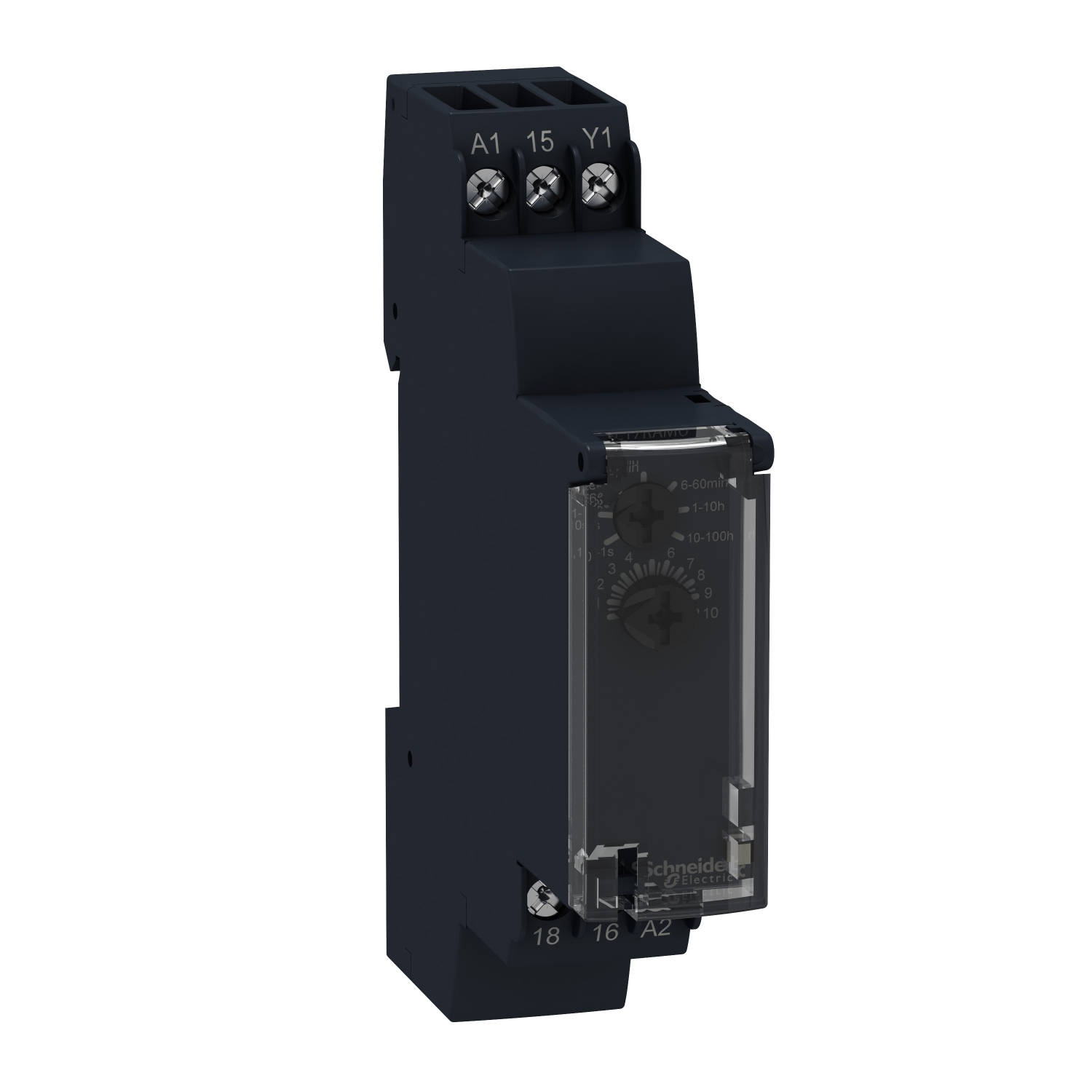







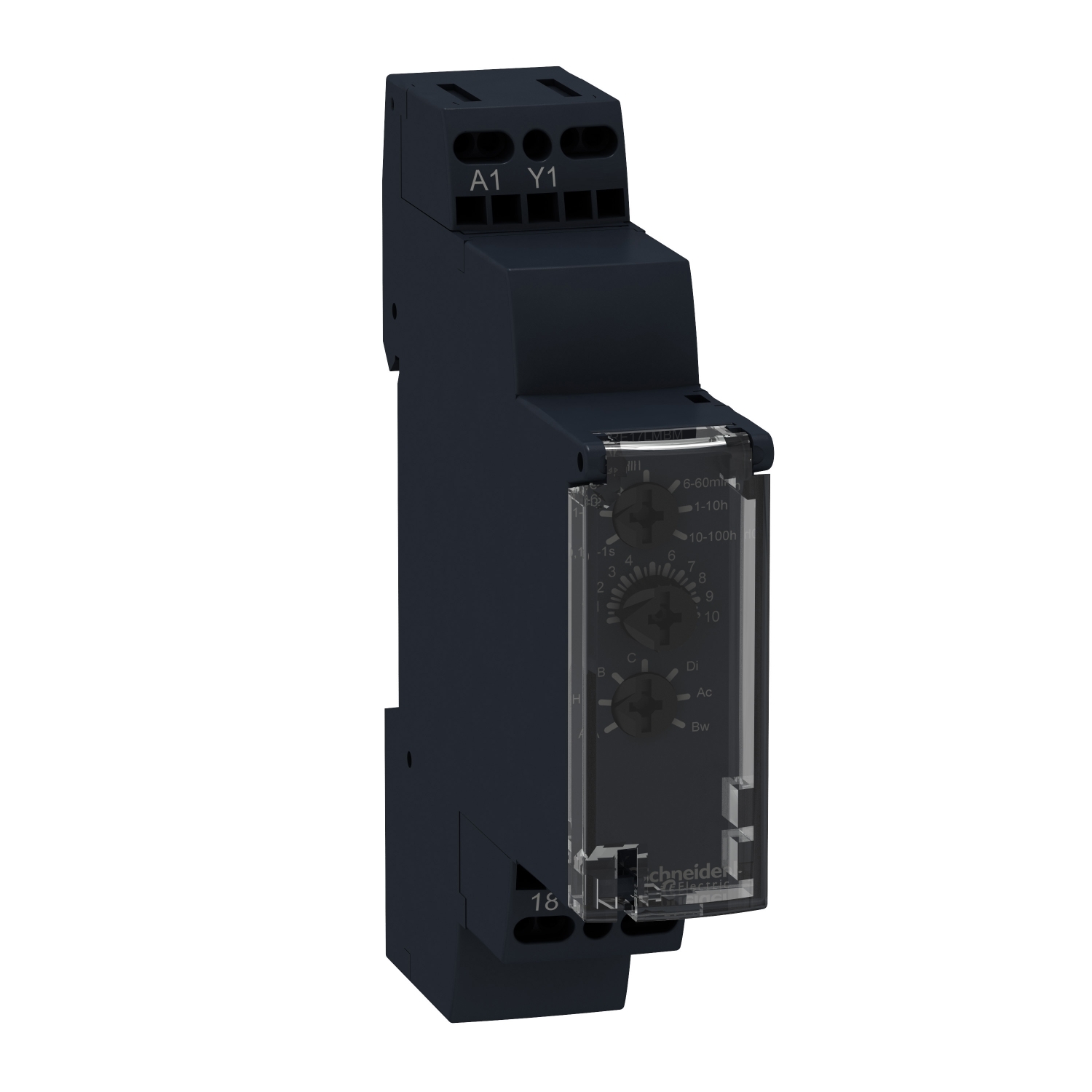

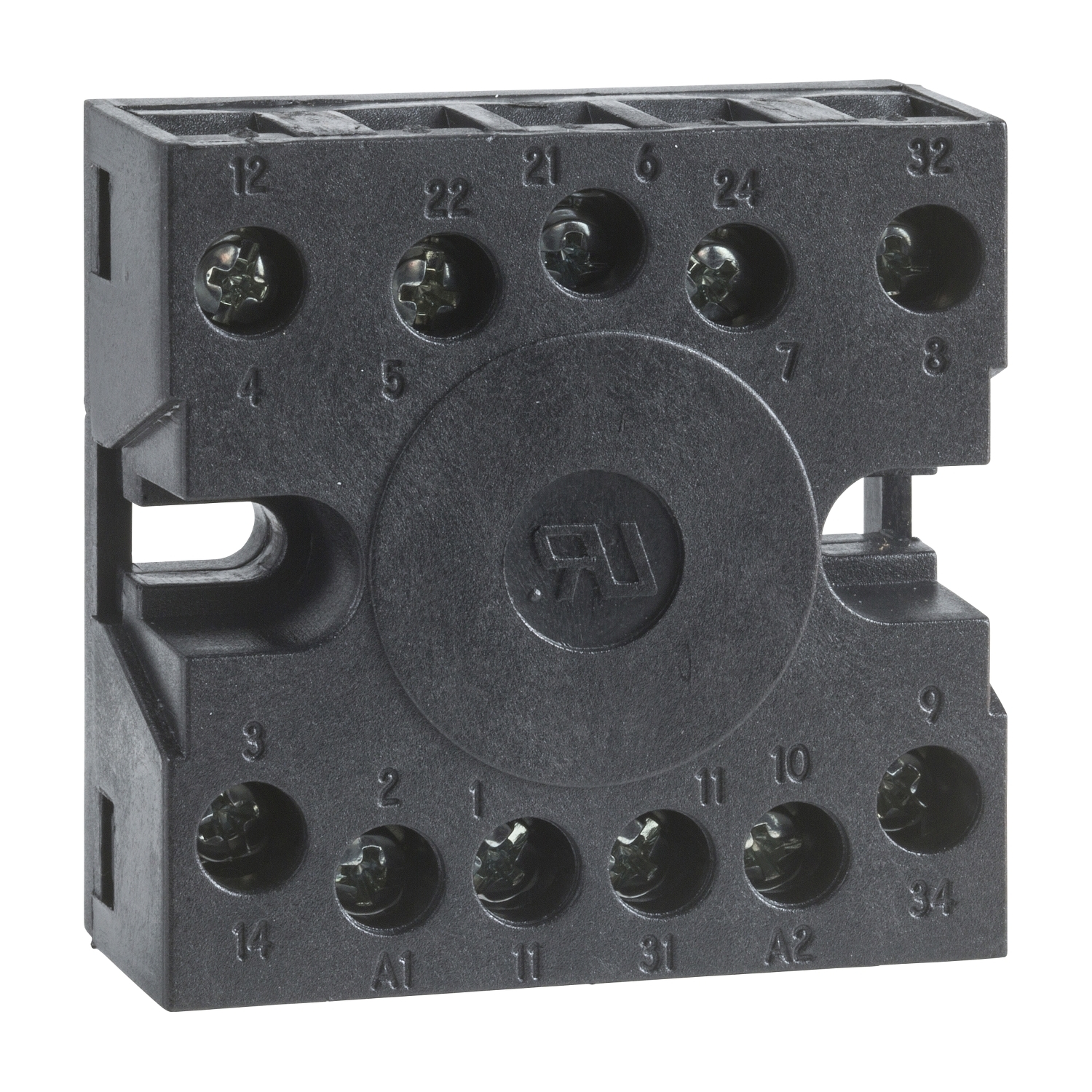
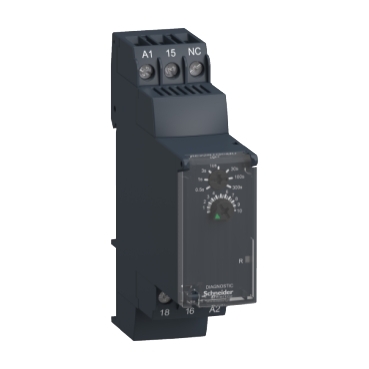
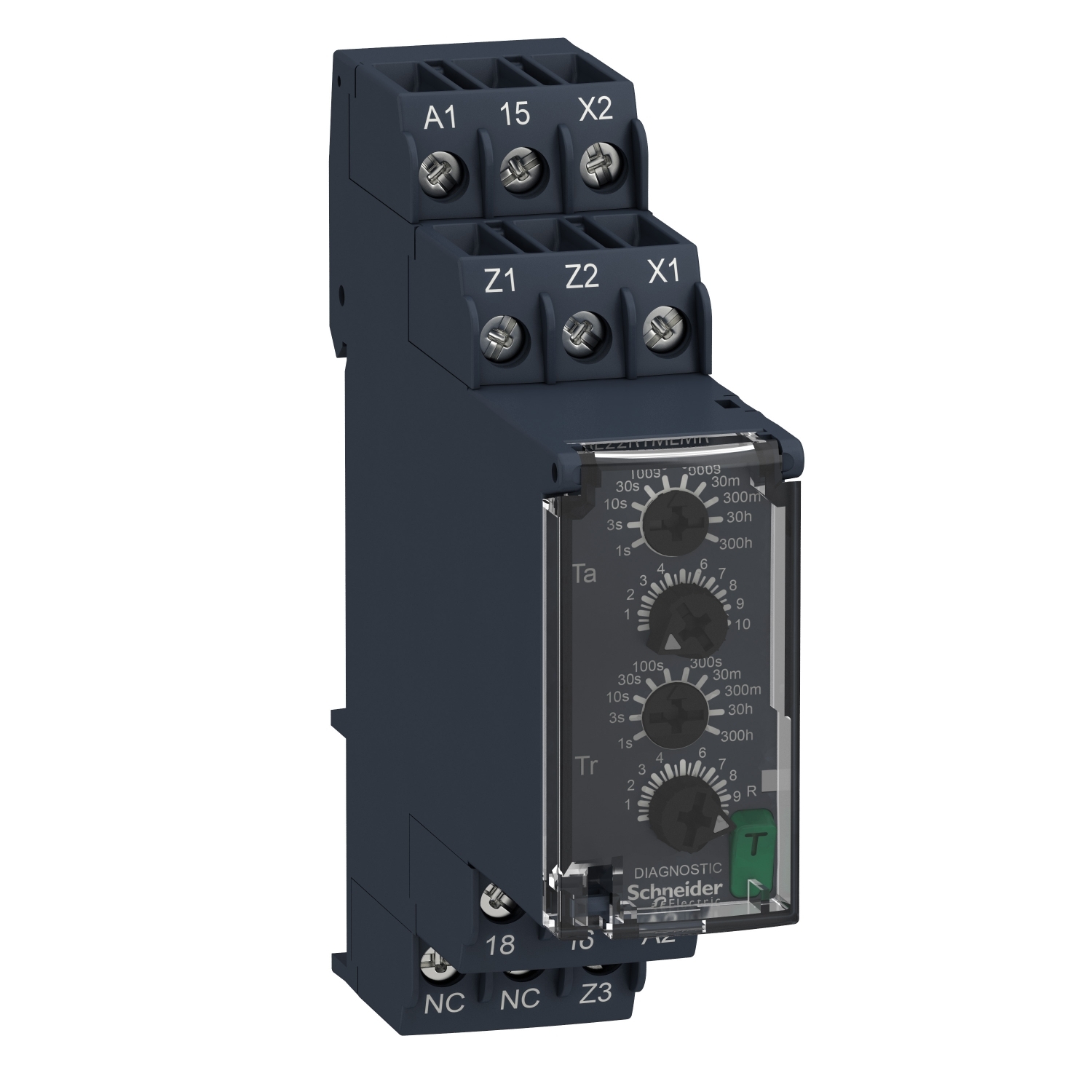
Reviews
There are no reviews yet.